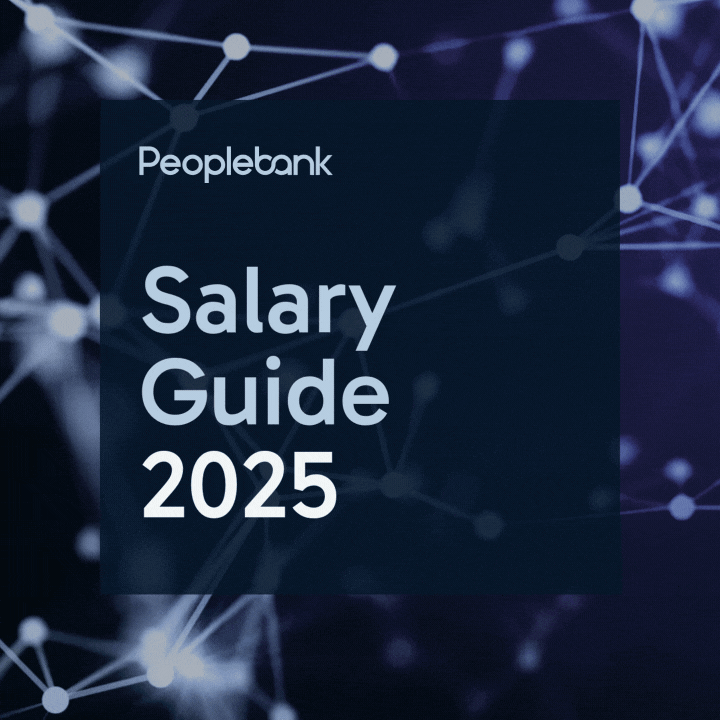A framework for your Software Development interview
We have interviewed our software recruitment practice lead Dan Gordon to get some insight into what is most important when entering a software development interview.
Our clients know that generally speaking most software developers care about working with new technology, technical challenge and innovation, continuous learning, work culture, flexibility, and of course, what they will be paid.

We all know by now that in interviews, prospective employers will ask you questions about what you have done in previous roles to verify your skills and attitude. They are looking for both detailed and clear answers as well as reading body language to see how passionate and proud you are. This should be a two-way street, with candidates also asking the employer for examples to substantiate that what they are advertising is true. That they actually do have a great culture, do offer flexible work or do use new technology.
For our software candidates, Dan has given us a great framework that you can use in your next interview. He says that the most important thing you can do is to ask specific questions that give you examples of what the business has done in the past. Avoid subjective questions that ask for an opinion, rather, ask questions that get facts! Some examples of these questions could be:
- Can you explain to me how the culture of your team has developed in the past 12 months that you are most proud of?
- As the leader of your team, can you give me some examples of your culture that you love?
- What are the best technical innovations your team have come up with recently?
- Do you support work flexibility, if so could, you give some examples of how your team works flexibly?
Secondly, it’s incredibly important to be alert in both listening to and reading the interviewers answers.
What language do they use? Is the answer clear or do they ‘um’ and ‘ah’ a lot? Are they energetic and inspired? What is their body language like? By reading your interviewers response you will likely be able to tell if they are passionate, if they are authentic, if they are being honest, if they have a plan and if they know what they want in a candidate.
By asking for real examples, combined with your people reading skills you can gain invaluable insight into your potential employer and will be able to put together a clear picture of what you may be walking into. Remember, interviews are always a two way conversation.
I asked Dan, if you could only ask one interview question as a software developer, what would it be? He said...
- What is it that I would do in the first six months and then in 24 months that would make you turn around and tell me that I was an incredible hire for this position?
If you want to have a detailed conversation about software interviews Dan Gordon is a certified Scrum Master and Product Owner and with more than 15 years of expertise in this space and is happy to share his industry insights and experience from conducting thousands of face-to-face interviews. You can email him at dan.gordon@peoplebank.com.au for guidance.






















